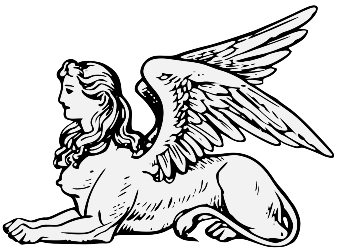- This article is about the god. For other uses, see aether.
In Greek mythology, Æthēr or Aithḗr (meaning "light"), also known as Akmôn and Aḗr (Latin: ÁÉR “Āēr”, English: Air, meaning "air"), is one of the primordial deities, the first-born elementals.
Like Tartarus and Erebos, Aether may have had shrines in Hella, but he had no temples, and it is unlikely that he had a cult.
Myths & Legends[]
Aether is the personification and elemental god of "the bright, glowing upper air of heaven - the substance of light". He embodies the pure upper air that the gods breathe, as opposed to the normal air breathed by mortals.
According to Epiphanius, the world began as a cosmic egg, encircled by Time and Inevitability (most likely Chronos and Ananke) in serpent fashion. Together they constricted the egg, squeezing its matter with great force, until the world divided into two hemispheres. After that, the atoms sorted themselves out.
... The lighter and finer ones floated above and became the Bright Air (Aether and/or Ouranós) and the rarefied Wind (Khaos), while the heavier and dirtier atoms sank and became the Earth (Gaia) and the Ocean (Pontos and/or Oceanus).
Family[]
In Hesiod's Theogony, Aether was the son of Erebus and Nyx, and the brother of Hemera. The aether was also known as Zeus's defensive wall, the boundary that locked Tartarus from the rest of the cosmos.
Accoding to the poet Alcman, Aether was the father of Ouranós, the god of the sky. While Aether was the personification of the upper air, Ouranós was literally the sky itself, composed of a solid dome of brass.
Aristophanes states that Aether was the son of Erebus. However, Damascius says that Aether, Erebus and Khaos were siblings, and the offspring of Chronos (Father Time).
Gallery[]
| Protogenoi | |
|---|---|
| Kháos • Gaîa • Ouranós • Tártaros • Hydros • Thesis • Chronos • Ananke • Nyx • Erebus • Aithḗr • Hemera • Póntos • Thalassa • Phanes • Phusis | |

